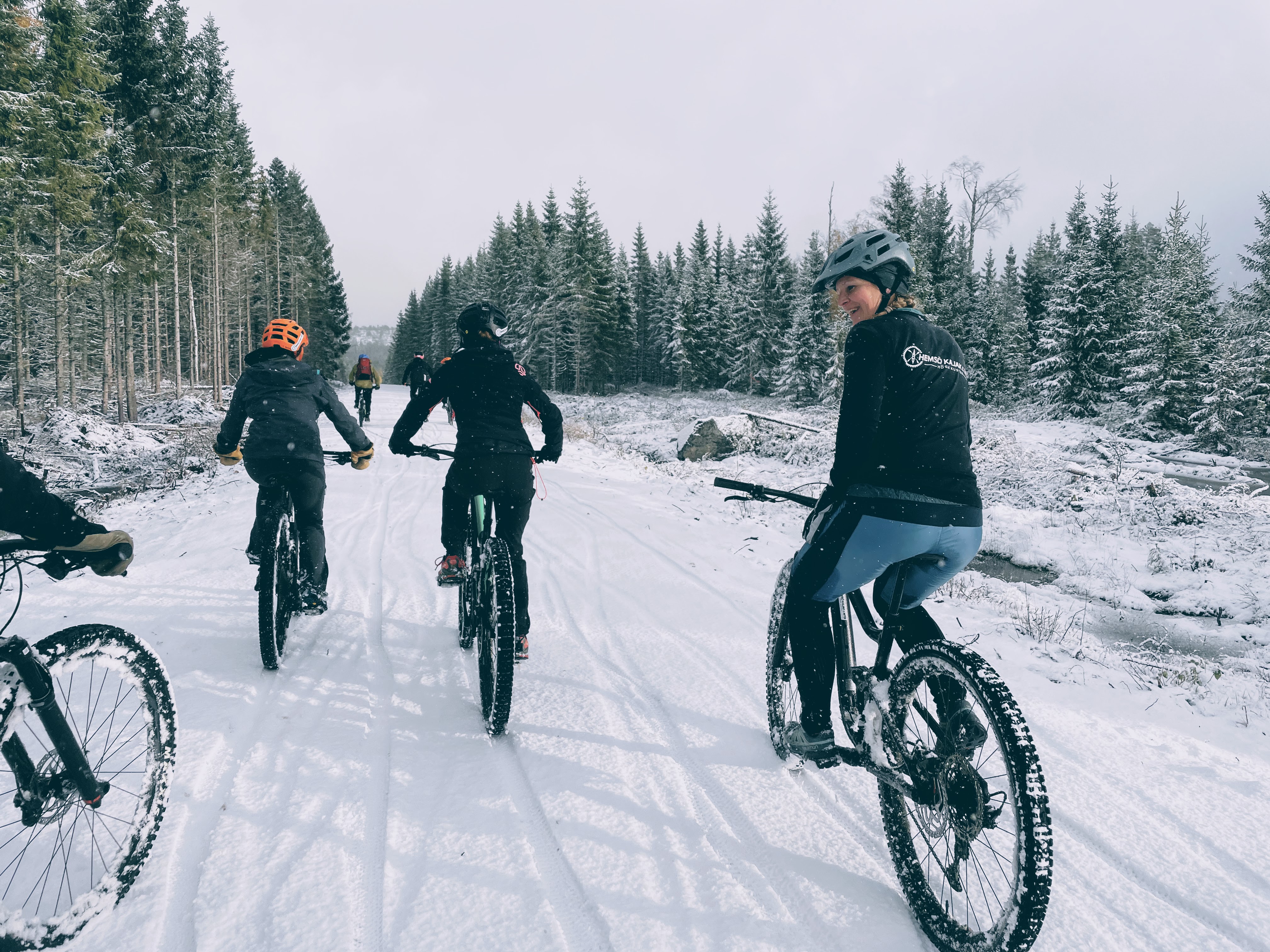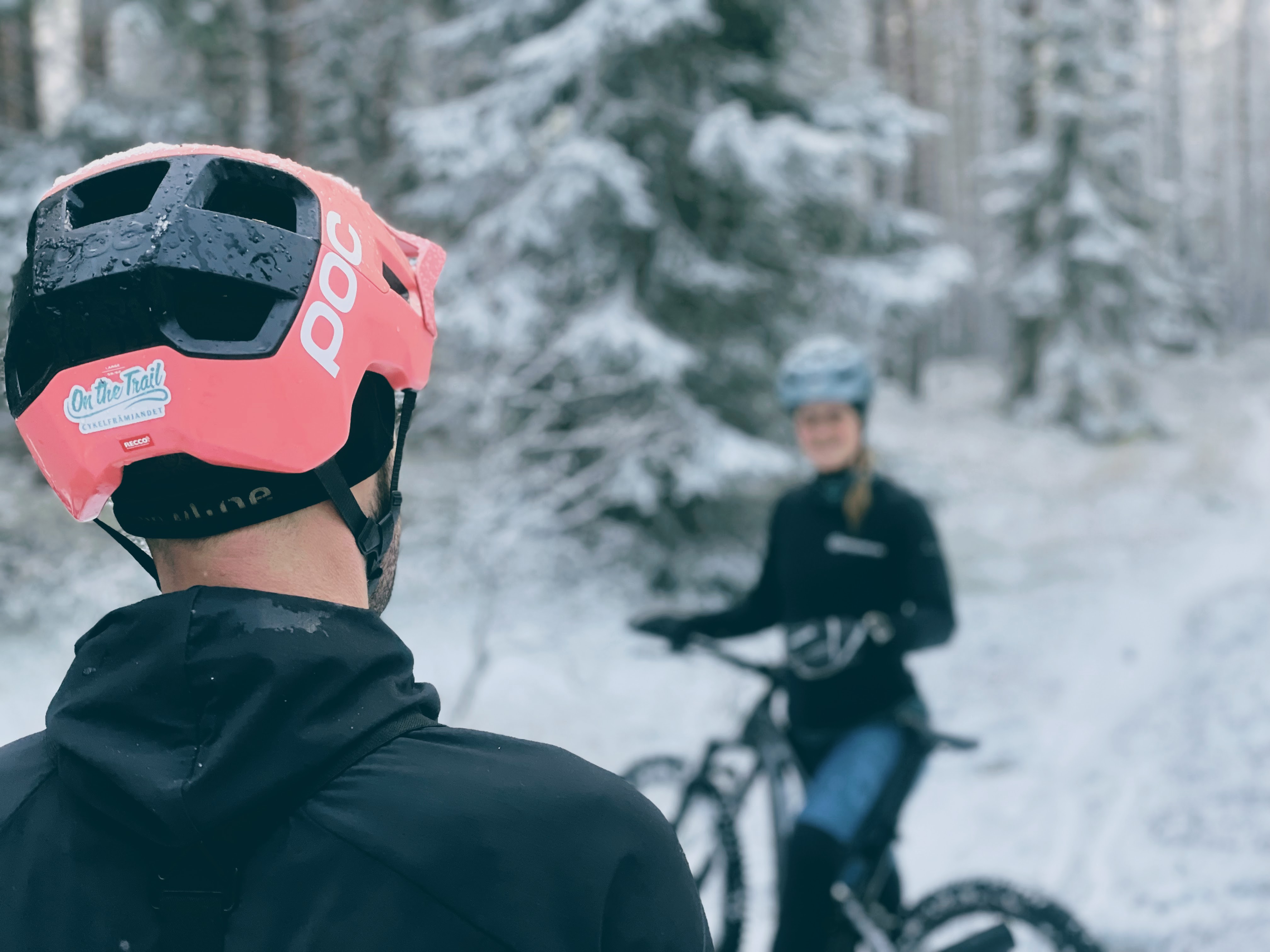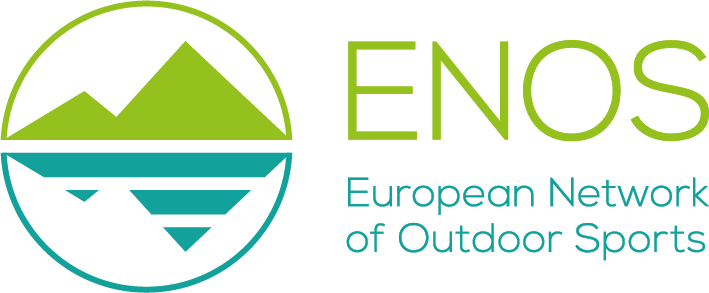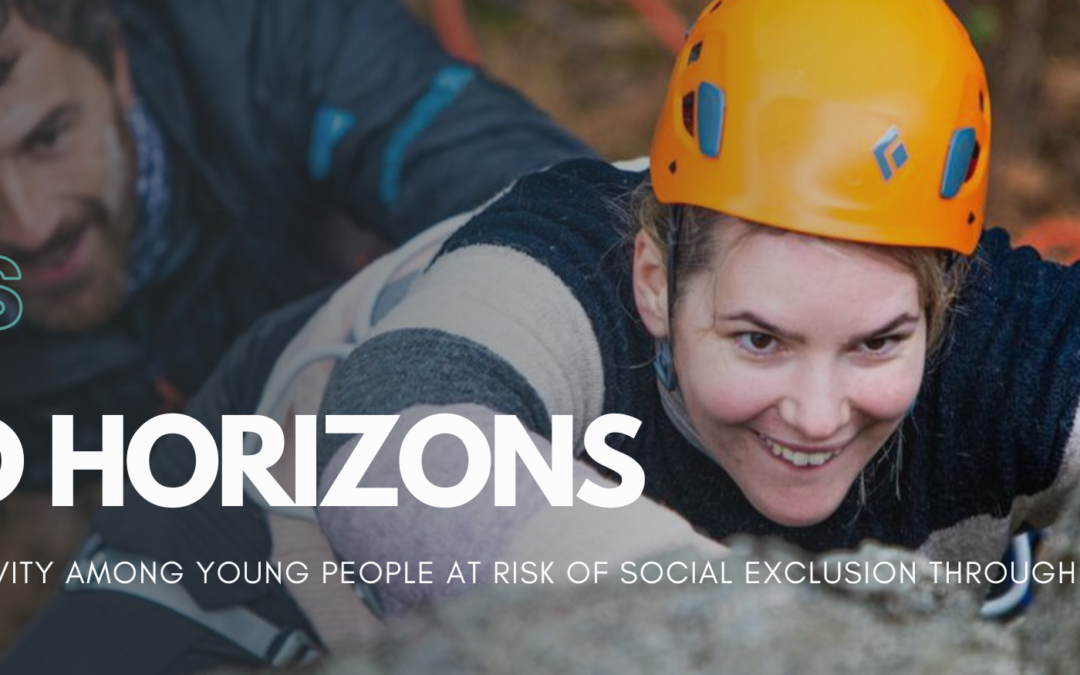Rationale of the project
“Beyond Horizons” is a project designed to enhance physical activity among young individuals who are vulnerable to social exclusion through engaging in outdoor sports. It has been noted that vulnerable communities tend to show lower levels of physical activity and reduced interaction with nature. This trend is notably pronounced among young children and teens facing marginalisation. To date, professionals and volunteers assisting these groups have lacked a unified platform to share and exchange knowledge on a Europe-wide scale. The understanding of this subject has been disparate, generally confined within specific geographical or cultural boundaries. This project is coordinated by the European Network of Outdoor Sports (ENOS) aiming to facilitate the sharing of exemplary practices in promoting inclusion at a European scale.
Objectives of the project
The initiative has been developed to foster social inclusion among youth exposed to marginalisation risks through outdoor sports.. Sports serve as vital instruments for social engagement and personal development. The European Commission’s White Paper on Sport advocates for the integration of sports into broader policies of education, public health, and social cohesion, emphasising the importance of making sports accessible to vulnerable groups.
This project specifically addresses the challenge of physical inactivity in an increasingly urbanised society. Outdoor ports offer a diverse range of opportunities for individuals of all ages and backgrounds, presenting minimal barriers to participation.
Benjamin Billet, Head of International Unit, CREPS AuRA
Outdoor sports are pivotal in promoting activity and contact with nature. Among the physically inactive European population, 40% indicate that they could imagine resuming physical activity through nature sports (Eurobarometer). The project “Benefits of Outdoor Sports for Society,” funded by Erasmus+ and developed by ENOS partners, concluded that nature sports effectively combine the positive outcomes of physical activity and nature, significantly improving mental health and well-being. They can also be effectively used to promote reconnection with nature and can improve education and awareness of environmental challenges.
One of the primary objectives of the project is to gather, discuss, popularise, and make accessible existing knowledge on the barriers to participation in nature sports activities among young people facing inclusion issues. The project will enable European experts in the field to meet and develop their knowledge and expertise on the subject to disseminate it through networks of professionals, sports federations, and actors in the development of sport and nature sports in Europe.
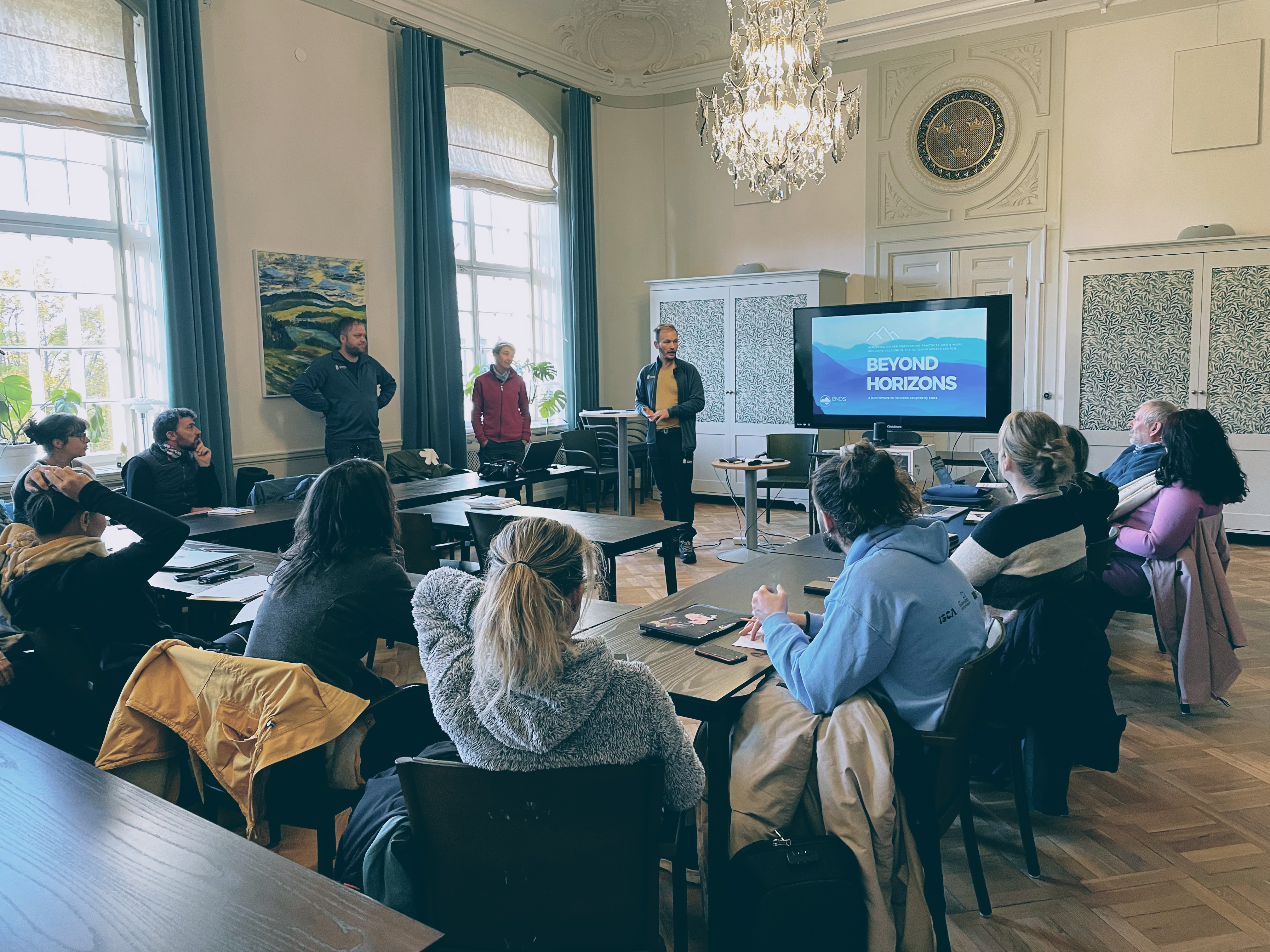
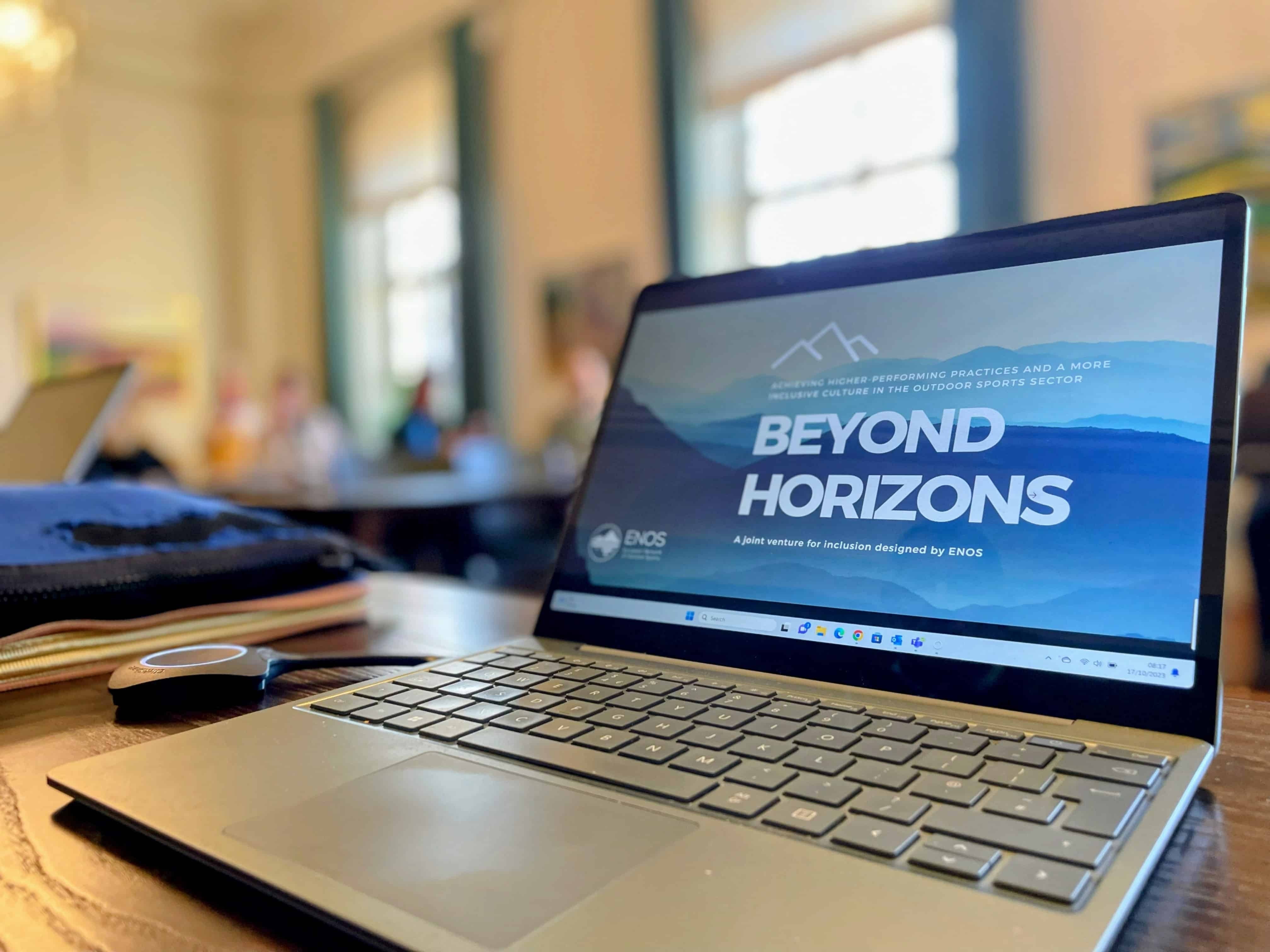
Project consortium
The European network of Outdoor sports is the lead partner of the following consortium:
International Sport and Culture Association ISCA | Denmark
Founded in 1995, ISCA is a non-governmental and not-for-profit umbrella association. It empowers organisations worldwide to promote physical activity and sport for all. With members from 89 countries, ISCA emphasises sport as a means of cultural exchange and broad participation. The organisation has a long experience on the inclusion topic and the exchange of good practices, health and in young people activation. For more information about their actions, you can visit their website
En Passant Par la Montagne Chamonix | France
En Passant Par la Montagne” in Chamonix, France, is an association active for over 25 years. It focuses on making mountain experiences accessible to marginalised and socially excluded individuals, utilising the natural environment for empowerment. The organisation conducts over 30 educational and inclusive mountain projects annually, fostering values of diversity, equality, and sharing. For more detailed information about their initiatives related to youth and inclusion, you can visit their website.
Kungliga Tekniska Högskolan KTH Stockholm | Sweden
The KTH Royal Institute of Technology in Stockholm, Sweden, is a public research university known as the country’s largest technical university. KTH comprises five schools with multiple campuses around Stockholm with 3,600 staff members. KTH has developed a partnership with Friluftsfrämjandet in the framework of a study to measure the impact of outdoor sports activities on how to reach young people physical activity. For more detailed information, you can visit their website.
Nord-Troms friluftsråd Finnmark friluftsråd | Norway
Nord-Troms Friluftsråd, based in Norway, is an intermunicipal cooperative body involving several municipalities, including Nordreisa, Kvænangen, Kåfjord, and Skjervøy in Northern Norway. The council focuses on promoting diverse and environmentally friendly outdoor activities across the region, aiming to enhance the well-being and health of the local population. This initiative fosters engagement in outdoor activities, contributing to the community’s overall quality of life. For more detailed information about their initiatives related to youth, you can visit their website.
Sport Ireland | Ireland
Sport Ireland, established in 1999 as the statutory authority for the development of sports in Ireland, plays a significant role in fostering inclusive and youth-oriented outdoor sports. Their remit encompasses planning, leading, and coordinating the sustainable development of both competitive and recreational sports across the country. One of their key focuses is on increasing participation in sports, particularly among youth and underrepresented groups, ensuring that sporting opportunities are accessible and diverse. For more detailed information about their initiatives related to outdoor sports, you can visit their website.
Cykelfrämjandet | Sweden
Cykelfrämjandet is a prominent cycling advocacy organisation in Sweden. Cykelfrämjandet strives for safer cycling environments, better cycling education for children and adults, and integration of cycling with other sustainable transportation methods. Cykelfrämjandet’s work in Sweden emphasises promoting cycling among young people and fostering inclusive environments for cyclists of all backgrounds. For more detailed information about their initiatives related to youth and inclusion, you can visit their website.
Länsstyrelsen – County Administrative Board Västernorrland | Sweden
Länsstyrelsen Västernorrland is the governmental body at local level in charge of implementing the government outdoor sports strategy, overseen by the Swedish Environmental Protection Agency, is focused on promoting and facilitating public access to nature and outdoor activities. This policy underscores the importance of preserving natural landscapes and ensuring the public, in particular people not physically active or connected to nature, have access to these areas for recreational and health purposes. For more detailed information, you can visit the County Administrative Board’s website.
Protect Our Winters (POW) Europe | Austria
Protect Our Winters (POW) Europe is an organisation dedicated to engaging outdoor enthusiasts in climate change advocacy. They focus on mobilising the large community of skiers, snowboarders, climbers, and other outdoor sports enthusiasts across Europe to become a powerful force for environmental action, providing a cohesive platform for Europe-wide climate initiatives. For more information, you can visit Protect Our Winters Europe’s website.
CREPS Rhone-Alpes – European outdoor sports centre | France
CREPS Auvergne-Rhône-Alpes in Vallon-Pont-d’Arc, France, is a multifaceted sports centre focused on outdoor sports and vocational training. It operates as a regional agency under the French Ministry of Sports and the Auvergne-Rhône-Alpes Region. The centre emphasises youth work and community education through outdoor sports, aiming at social inclusion and personal development. It also offers leadership courses and certifications in various outdoor sports. CREPS collaborates with social service operators and educational centres to support hard-to-reach youth, integrating them into broader regional and national programs. For more detailed information, please visit CREPS Auvergne-Rhône-Alpes’s website.
Period of the project
September 2023 to january 2026
Expected outcomes
- To gain greater understanding of the main challenges and barriers facing young people especially those at risk of social exclusion to be able to engage in long term sustained participation and learning mobility in and through outdoor sports.
- To examine any examples of where outdoor sports organisations have overcome these barriers and challenges and to ascertain how this was done and the degree of effectiveness that have been achieved.
- The project aims also to foster higher-performing practices and a more inclusive culture in the outdoor sports sector.
Project Activities
1. Sharing Methods to Facilitate Practice for Youth at Risk of Marginalisation
The project focuses on disseminating methods that make it easier for young people at risk of marginalisation to engage in outdoor sports. This includes creating a collaborative space for dialogue and exchange among European stakeholders working in this area. The exchange program will involve professionals and volunteers from various sectors, including supervision, research, social or youth engagement, and public policies related to the development and organisation of nature sports at local, regional, national, or European levels. The goal is to compile and discuss available knowledge, practices, and allow stakeholders to converse about their expertise, approaches, methods, and tools.
2. Aggregating and promoting Existing Knowledge for practitioners, sports associations, social stakeholders and outdoor sports Policy Makers
This involves comparing actions implemented in different countries to promote physical activity through outdoor sports and providing a comprehensive analysis of their features. The results will include reports on the inclusion processes and the accessibility challenges linked to increased participation in natural areas.
3. Identifying Best Practices
This task entails identifying key success factors, as well as barriers to participation for these groups. The project aims to share field experiences and inspire experts to develop and innovate their practices, encouraging other stakeholders to engage successfully with these audiences.
4. Implementing Inclusion Methods for Targeted Audiences
The project activities will blend knowledge exchange sessions among professionals and volunteers from partner organisations, expert seminars, and youth exchanges for practical application of these practices. These activities and exchanges will be structured around the principles of non-formal education.
5. Developing and Disseminating a Toolkit
The creation of the toolkit will be based on the best practices identified during the exchange program and will also include new methods developed by partners, with the assistance of field and scientific experts. The toolkit will then be shared and distributed throughout the European sports network to inspire more stakeholders to invest in these audiences.
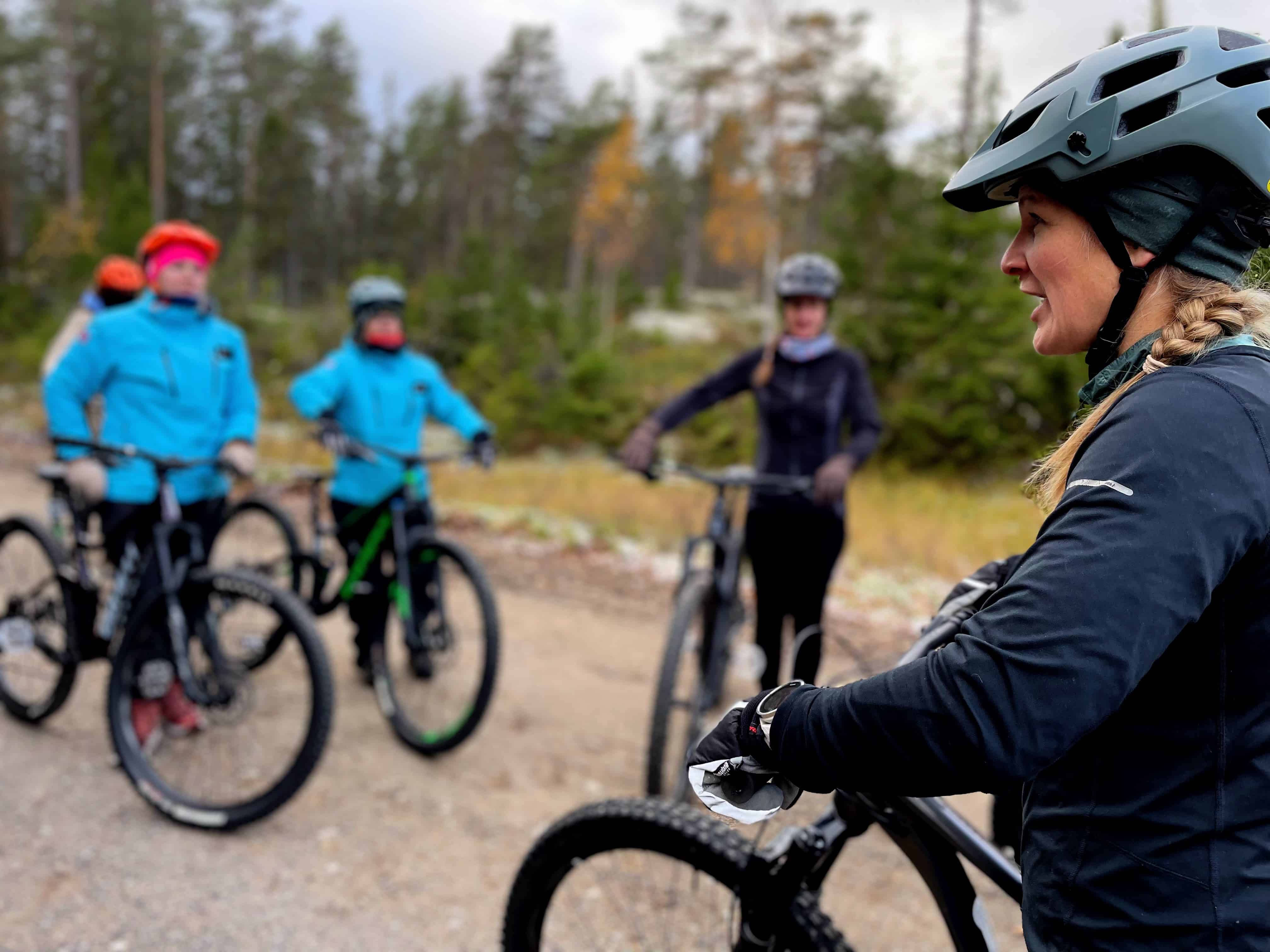
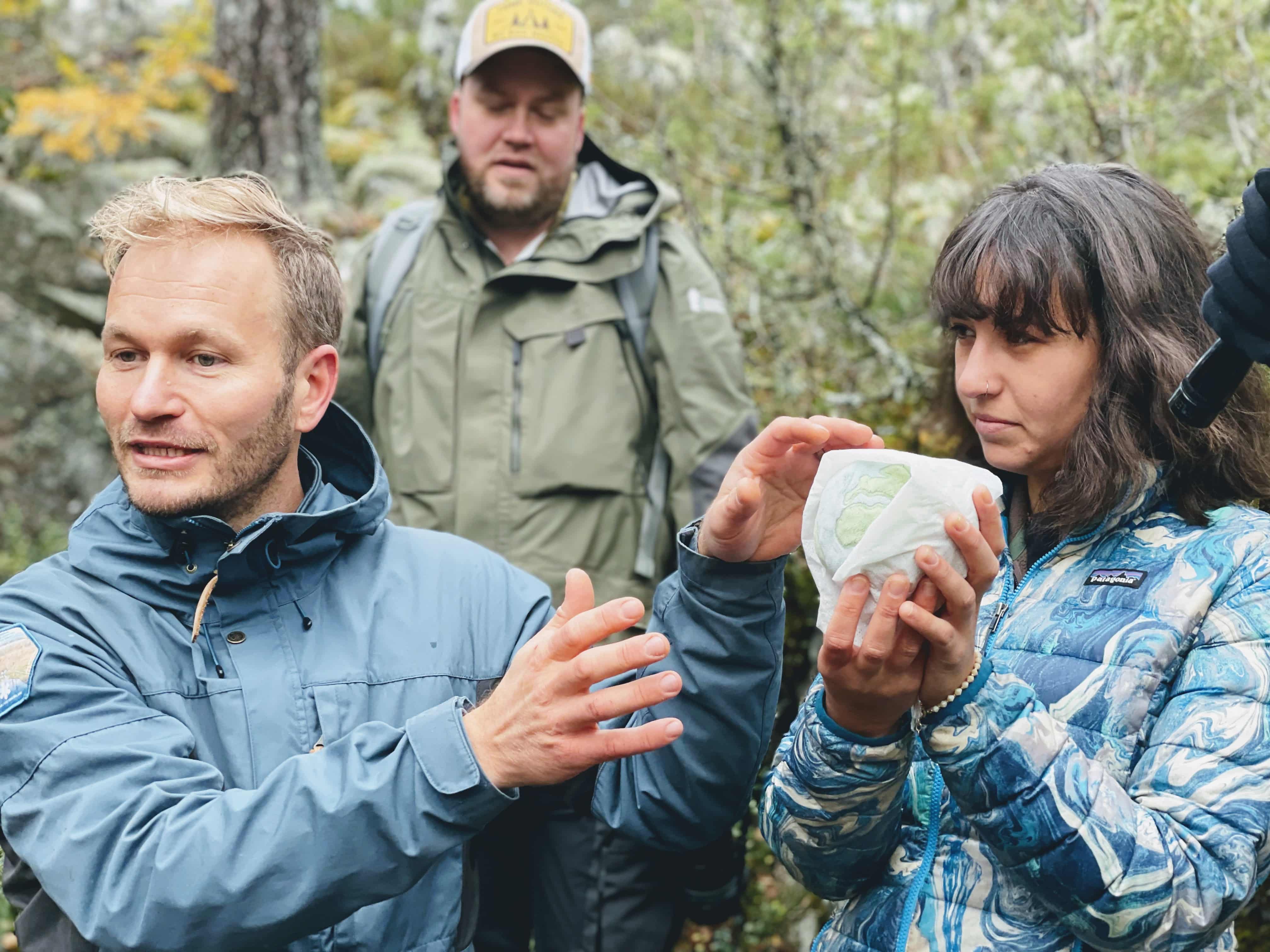
Target audiences
The primary target audience includes local, national, or European organisations, professionals, and volunteers working on social justice and nature issues, access to nature sports, social inclusion, and/or working with or for populations from priority education zones, immigration backgrounds, as well as individuals living in rural and remote areas, those facing socio-economic difficulties, or other potential sources of discrimination based on gender, ethnic origin, religion or beliefs, disability, age, or sexual orientation.
The secondary target audience comprises individuals from priority education zones, immigration backgrounds, as well as those living in rural and remote areas, facing socio-economic difficulties, or other potential sources of discrimination.
Project Funding
The project has been co-funded by the European Commission with the support of theErasmus+ Youth Cooperation Partnerships program with a 400,000 euros total budget
Focus on Nordic and Alpine Activities
The project scope emphasises nordic and mountain sports. Those sports inherently involve interaction with natural environments, such as forests, mountains, and snowy terrains. This connection with nature can be profoundly impactful for young people, especially those from urban settings who may not regularly experience such environments. The exposure to these natural settings can promote mental well-being, environmental awareness, and a deeper appreciation for the outdoors. Those sports can help develop important life skills such as resilience, teamwork, leadership, and problem-solving. For young people at risk of social exclusion, acquiring these skills can be empowering and can contribute to their personal and social development.
Alignment with Environmental Goals
Beyond Horizons is in sync with environmental transition objectives, exploring methods to connect individuals with the environment and emphasising sustainable practices to minimise carbon impact. Outdoor sports offer unique characteristics to connect or reconnect individuals with the environment. They act as emotional markers and allow for lasting attitude changes, particularly among young people. The project aims to explore methods, tools, and approaches suitable for these audiences concerning environmental education, enriching the methods identified through the SEE project. The activities of the project are designed with a focus on environmental sustainability, with particular care to contain the carbon impact as much as possible.
Beyond Horizons Project Kick-off Meeting
The kick-off meeting for the Beyond Horizons project was held October 16-20th in Härnösand, high coast, Sweden, graciously hosted by Länsstyrelsen Västernorrland. The event brought together all partners, marking, for the partners, the beginning of a shared journey towards fostering outdoor sports among youth at risk of social exclusion at European level.
Inspirational Sessions and Workshops
The partners engaged in numerous sessions and workshops, each designed to deepen our understanding of the project’s aims and objectives. Highlights included a “climate hike” led by Jean from LVN to a local high point in the forest that provided a fantastic view over the surrounding area. Through this activity there was a strong focus on learning about climate change impacts and mitigations through understanding the local landscape.
This was an excellent way to engage the participants with this crucial topic and provided a great template for how it could be done with young people as well. There were six “stop points” on the hike and these used local habitat or landscape features to engage participants in the topic. It was agreed that climate crisis topics will be brought to the fore at each exchange and also will be a key element within the toolkit.outdoor activities. Partners participated in a rock climbing session at a local crag in the forest led by Henrik Petre, Monica Wennerek from Härnösands Climbing Club and a memorable MTB experience led by Eric and Anna Kempe from Hemsö Kajak&MTB – Höga Kusten, a local outdoor sports company. This not only introduced some to the sport but also sparked discussions on accessibility and connecting young people facing risk of marginalisation with nature.
Expert Presentations
Expert sessions were organised both at Harno Outdoor lodge where we were welcomed by Sandra Itämaa and hosted external experts and guests like Anna Memmi, who provided an extremely useful presentation and facilitated discussion on how we can more effectively engage young people with ADHD, autism and mental disabilities in outdoor sports. The presentation provided key insights that are useful for the toolkit. Partners were genuinely interested in the way that imagery can be used to make things easier especially for young people with autism or other mental disabilities. It was also noted that short pre-activity videos could be really useful to help people understand what is involved in the activity. It was therefore agreed that each exchange should produce at least two videos that showcase specific outdoor sports and activities and especially what can be expected in the preparation for it. These will be then linked into the toolkit.
Other expert sessions were organised at Sågverket where all partners attended a workshop led by Maria Sjöström on results based project management and effect logic including “theory of change” fundamentals. This proved an extremely useful workshop that helped partners to understand and revisit key outputs and outcomes for the project. The workshop was participatory in nature and adequate time was provided to partners to work through a logic model for elements of the project.
Collaborative work and project management
Each day, dedicated sessions for various work packages allowed for in-depth discussions and planning, ensuring a comprehensive and well-rounded approach to the project’s goals. During the kick-off, work package leaders provided a further presentation on key aspects of the project management, code of ethics, key work and also the templates for work. Partners were reminded of the deadlines for completing these. A review session daily to allow partners to feed back on key learnings and memories. Partners shared heartfelt reflections, emphasising the deep connection and commitment to the project’s goals. The partners were hosted in a hostel which fostered a strong sense of community. Partners actively participated in meal preparations and clean-ups, a testament to the collaborative spirit of the project. This approach not only facilitated team-building but also significantly reduced our carbon footprint, aligning with the project’s environmental goals.
Conclusion
This kick-off meeting was a resounding success, weaving together the threads of nature, active collaboration, and a shared commitment to bringing outdoor sports to young people from diverse backgrounds. The unique bond formed among the partners is a strong foundation for this ambitious project. Our heartfelt thanks go to the team at Länsstyrelsen Västernorrland for their impeccable planning and execution, setting the stage for a project that promises to make a significant impact.
